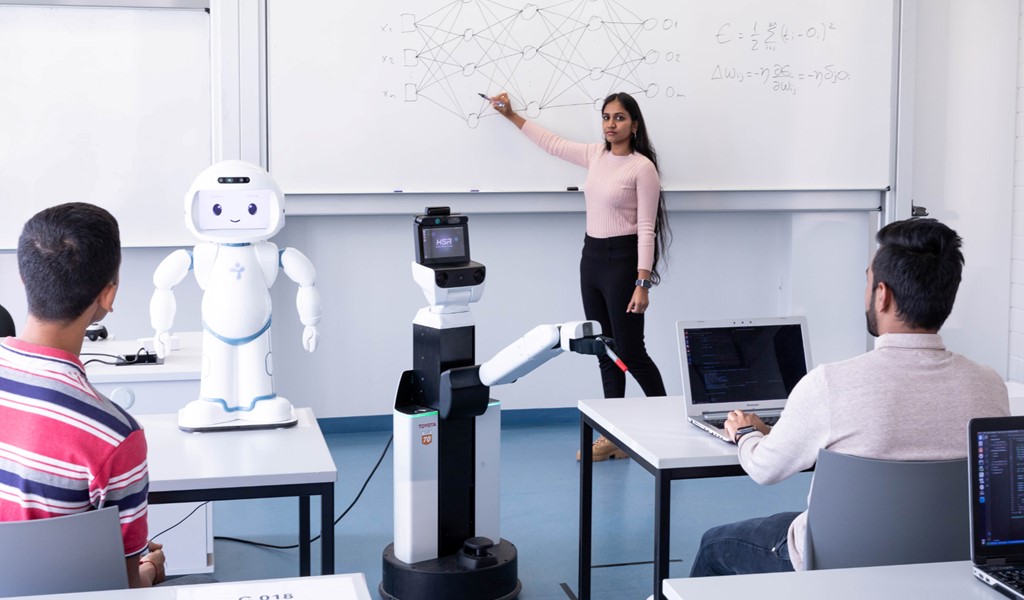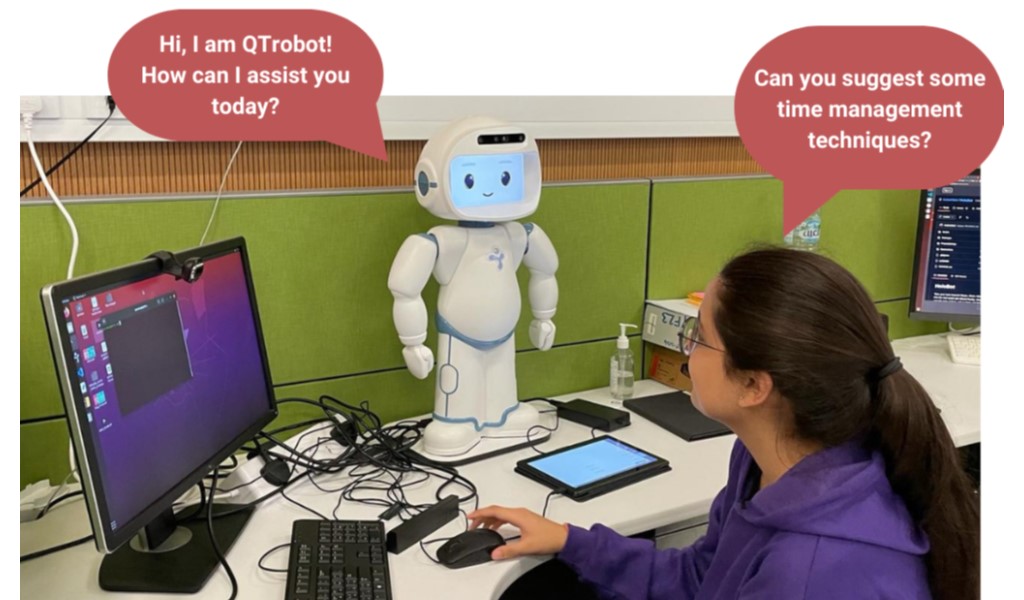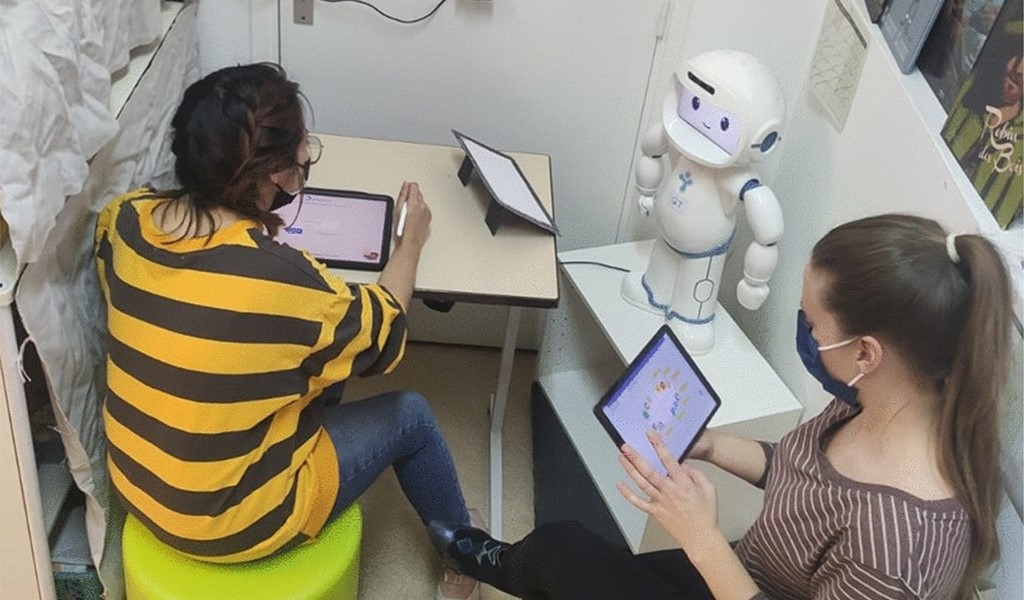Discover QTrobot’s Use Cases in Human-Robot Interaction and Social Robotics Research
- Other Use Cases
- QTrobot Implementation Support for Schools and therapy providers
- Robot Assisted Language Learning
- Robot for STEM and General Education
- Robot Mediated Coaching and Support
- Robot Mediated Support in Elderly Care and Geriatric Health
- Robot Mediated Therapy and Education for Autism
- Uncategorized
- Use Cases of QTrobot in Human-Robot Interaction and Social Robotics Research
Abstract: Researchers at USC have developed a novel robotic system to help stroke survivors accurately track their recovery progress. This […]
Abstract: Researchers recognize that communication is vital in human life, serving five major goals: informing, expressing feelings, imagining, influencing, and […]
Abstract: Cerebral palsy (CP) is a disorder that impairs motor function in children, limiting their ability to perform daily activities. […]
Abstract: The JUSThink project at EPFL’s CHILI lab aims to enhance children’s computational thinking by practicing algorithmic reasoning through interactive […]
Abstract: Socially assistive robots (SARs) have shown significant promise in enhancing interventions that support the physical and mental well-being of […]
Abstract: Charles River Analytics Inc., a developer of intelligent systems solutions, has received funding from the National Institutes of Health […]
Abstract: There are numerous technologies available to enhance clinical trials by interacting with patients and assisting them in completing questionnaires […]
Abstract: Early therapeutic intervention programs are crucial for helping children diagnosed with Autism Spectrum Disorder (ASD) improve their socio-emotional and […]
Abstract: Social robots are increasingly present not only in collaborative workspaces but also in public places like shopping malls and […]
Abstract: Individuals with Autism Spectrum Disorder (ASD) often show a keen interest in technological tools, frequently reacting more positively to […]
Abstract: This project proposes the development and validation of an early-stage intervention, delivered by the expressive QTrobot, as a novel […]
Abstract: The development of humanoid robotics for sensitive environments, such as medical or pediatric settings, requires careful handling of sensitive […]
Abstract: The research and development of socially interactive robots is a complex challenge due to the diverse range of capabilities […]
Abstract: Socially assistive robots (SARs) have shown promise as therapy tools for children with primary or co-occurring language impairments, such […]
Abstract: In traditional robot-assisted therapy sessions, robots often require direct control by therapists through methods like the Wizard-of-Oz protocol, which […]
Abstract: In therapeutic scenarios, robots are often used for imitation activities where the robot demonstrates a motion that the individual […]
Abstract: Neurodevelopmental disorders (NDDs) are characterized by impairments in communication. Socially assistive robots have been identified as a promising tool […]
Abstract: Robots used in therapeutic scenarios, such as therapy for individuals with Autism Spectrum Disorder (ASD), often engage in imitation […]
Abstract: Group meditation is known to keep people motivated and committed over longer periods of time compared to individual practice. […]
Abstract: The number of people attending virtual meetings has increased as a result of COVID-19. In this paper, the researchers […]
Abstract: This paper presents a study exploring the feasibility and efficacy of using the socially assistive QTrobot during a group-based […]
Abstract: Previous research suggests that older adults’ sense of meaning and happiness can be enhanced through self-reflection exercises. Building on […]
Abstract: This paper presents the design of a Wizard of Oz interface along with a library of robot behaviors specifically […]
Abstract: Delays in language development in early childhood are often the first signs prompting parents to seek autism diagnostics. While […]
Abstract: Research in Human-Robot Interaction (HRI) has gained significant momentum in recent years, particularly in developing robot-based intervention systems to […]
Abstract: Social robots are being studied for a variety of user populations, such as older adults, but programming these robots […]
Abstract: According to the Theory of Natural Pedagogy, object-directed emotion provides different information based on context: in a communicative context, […]
Abstract: During robot-assisted therapy, therapists often need to partially or fully control the robot, such as through a Wizard-of-Oz protocol. […]
Abstract: Attention-Deficit Hyperactivity Disorder (ADHD) significantly impacts the academic, social, mental, and psychological well-being of young adults. Despite the availability […]
Abstract: Neurodevelopmental disorders (NDD) are a group of conditions impacting children’s neurodevelopment, affecting their personal, social, and educational functioning. Social […]
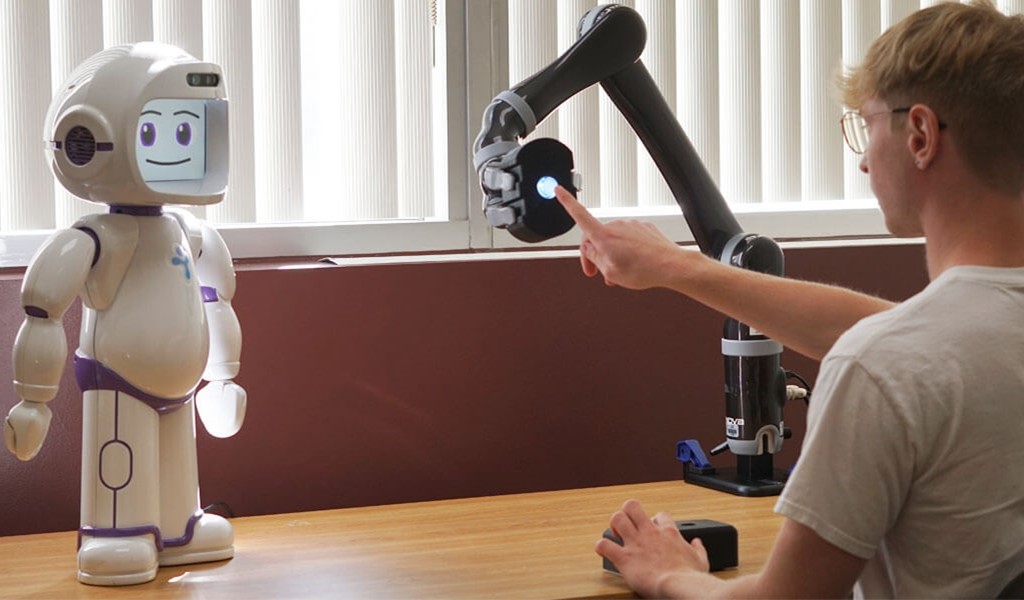
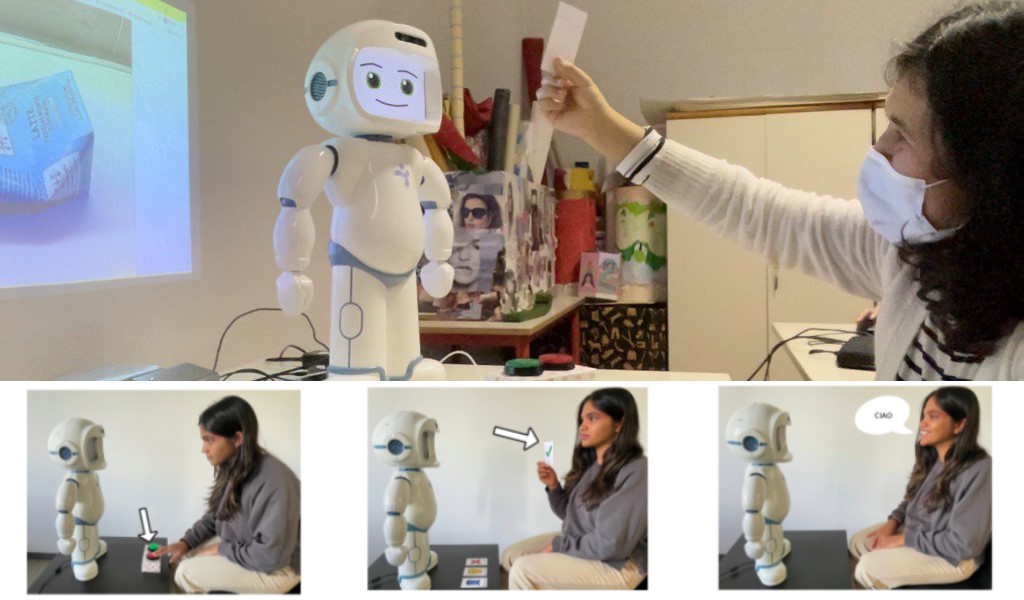
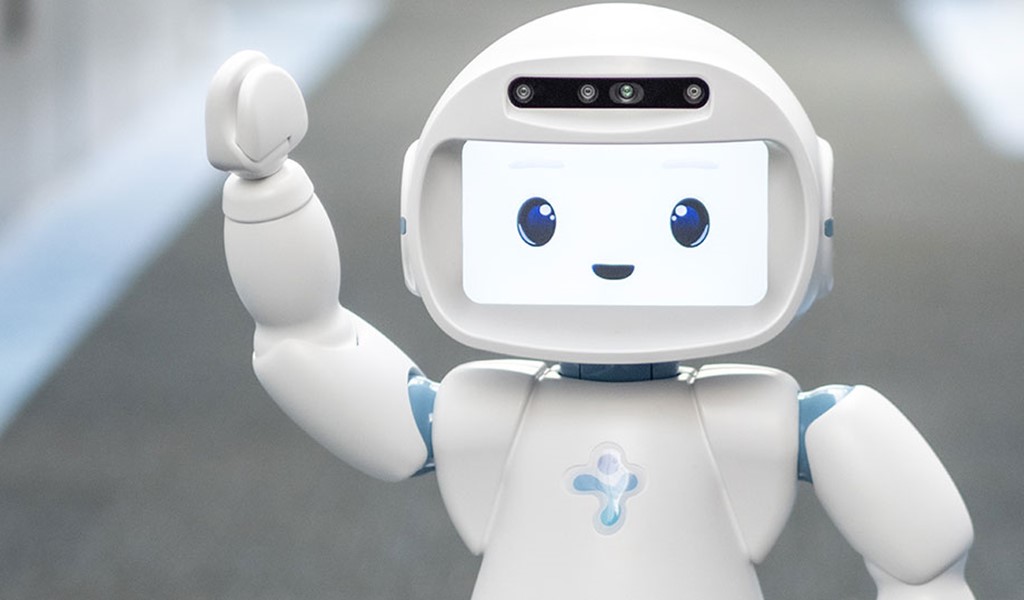
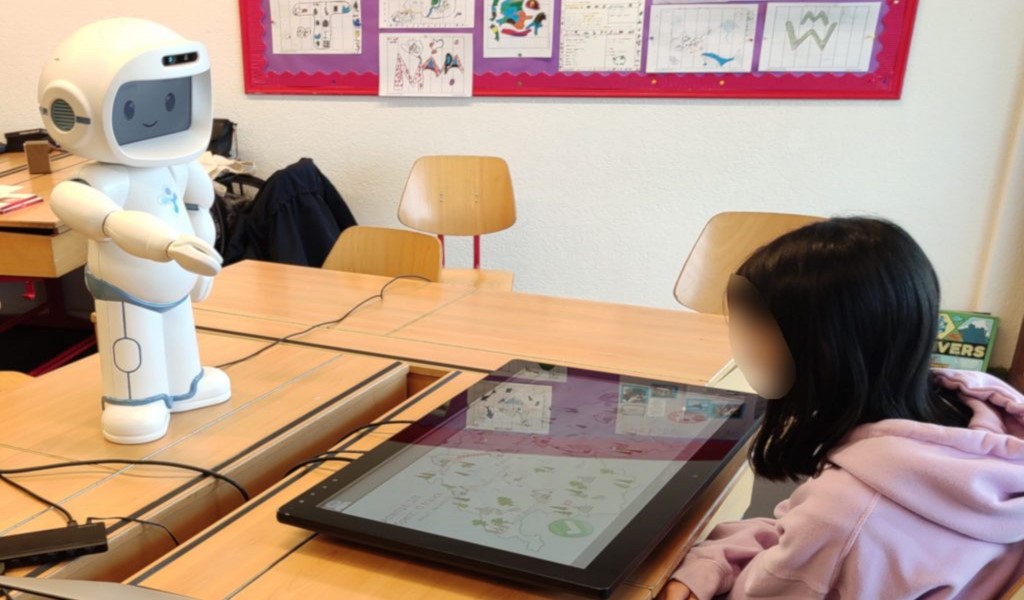
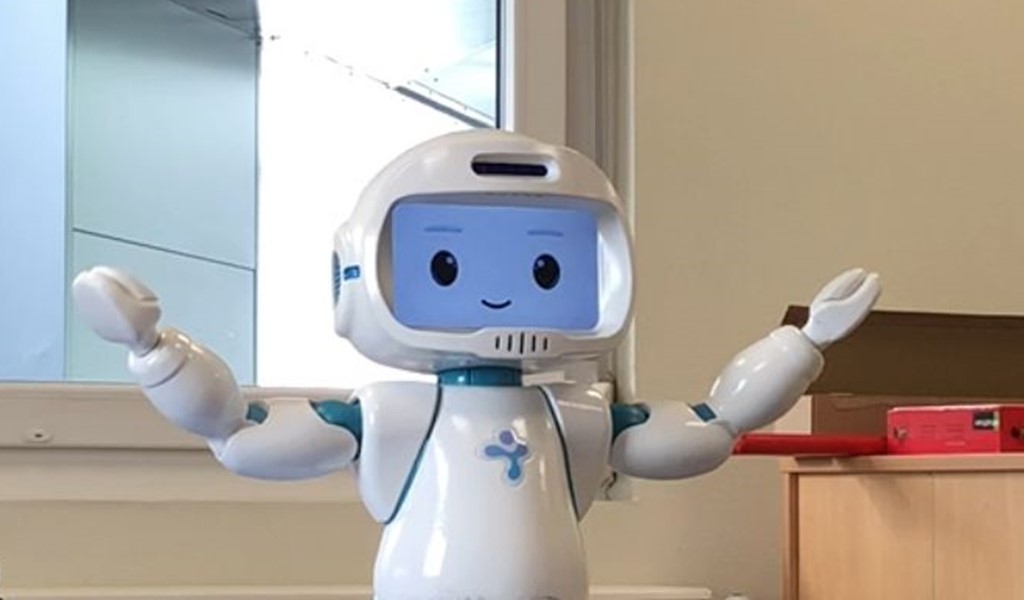
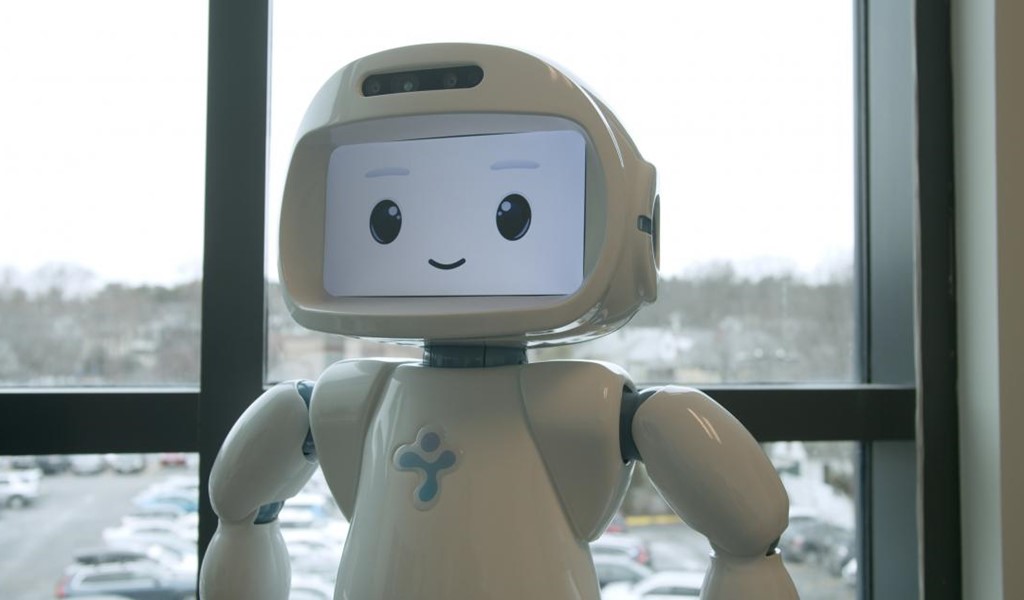

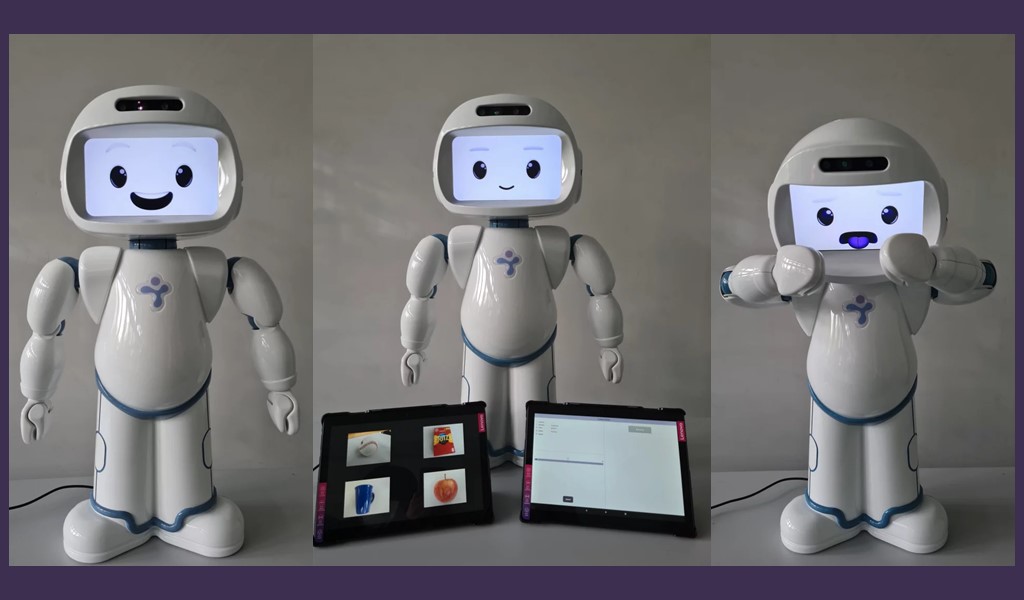
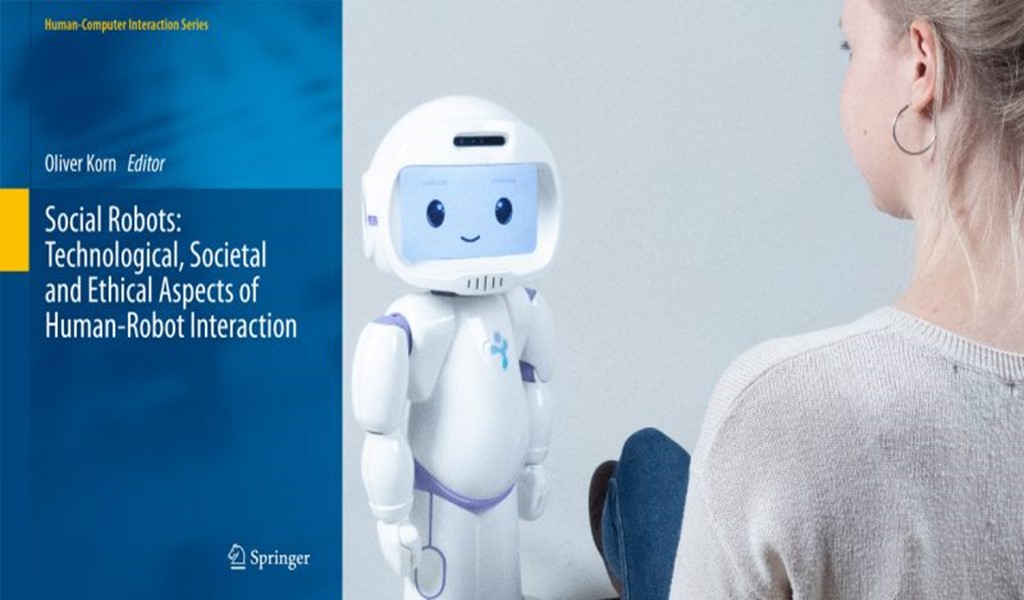
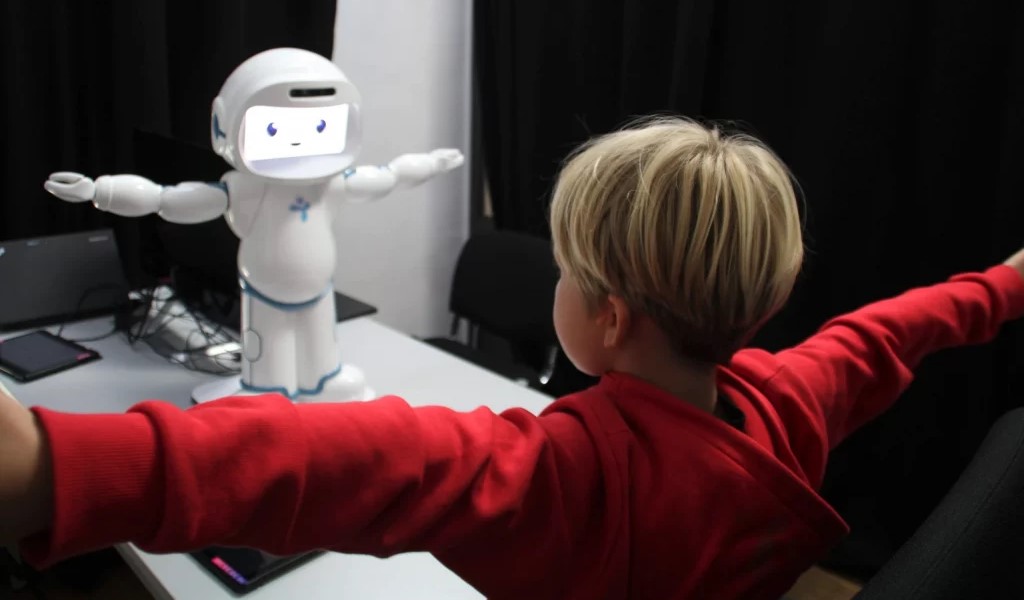
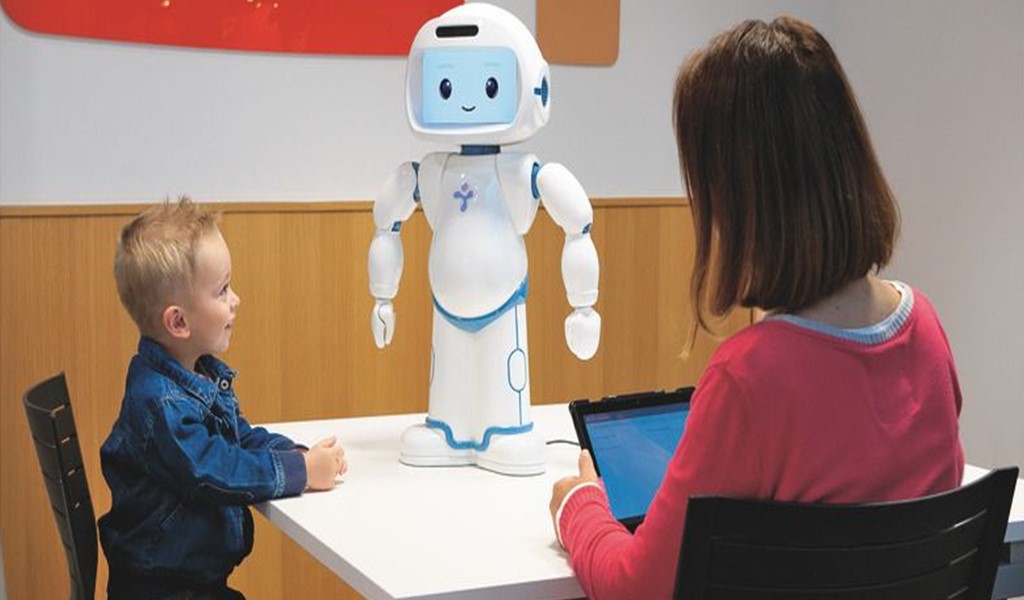
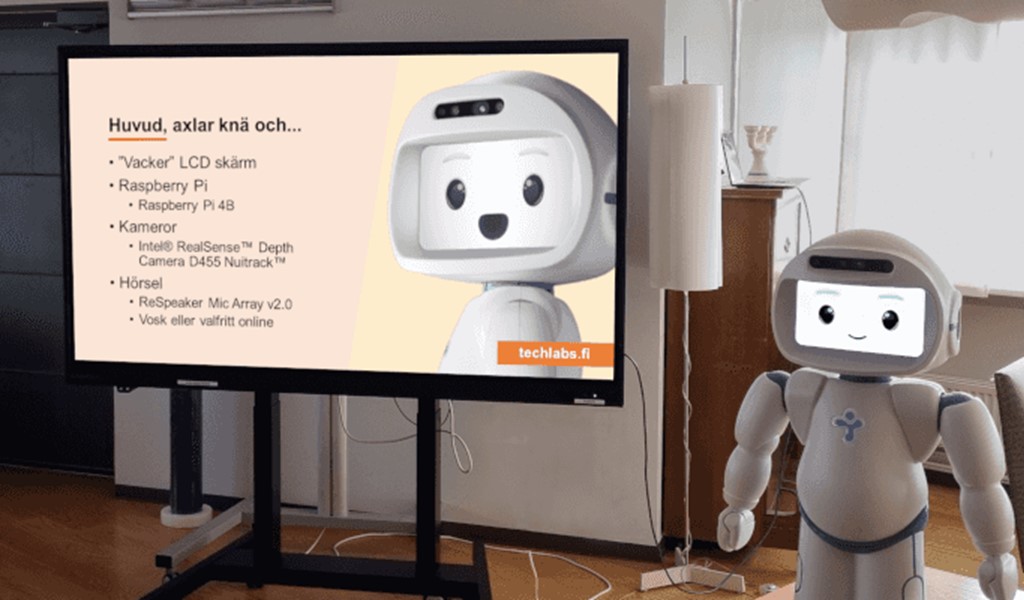
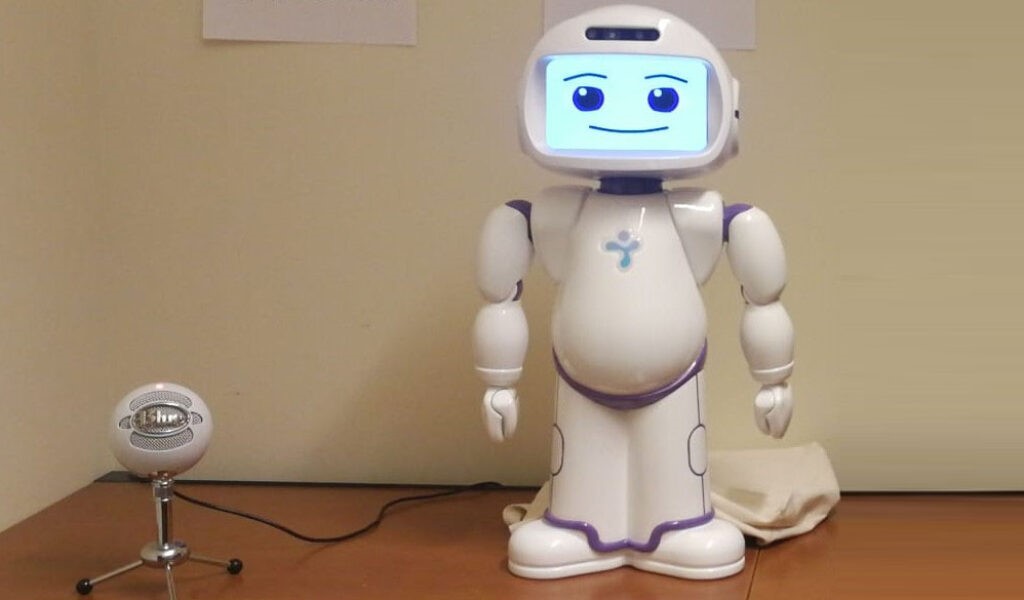
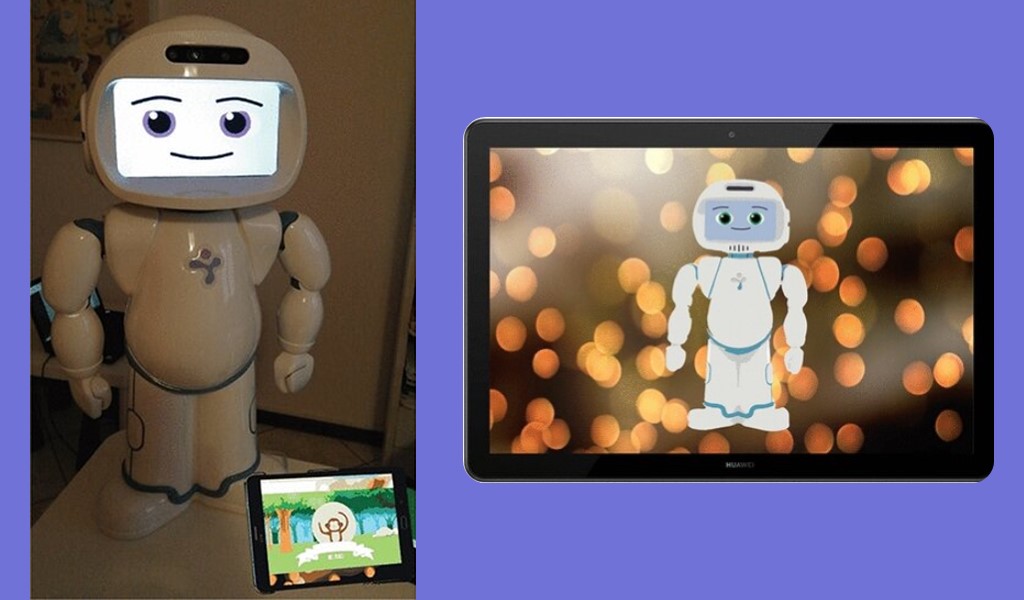
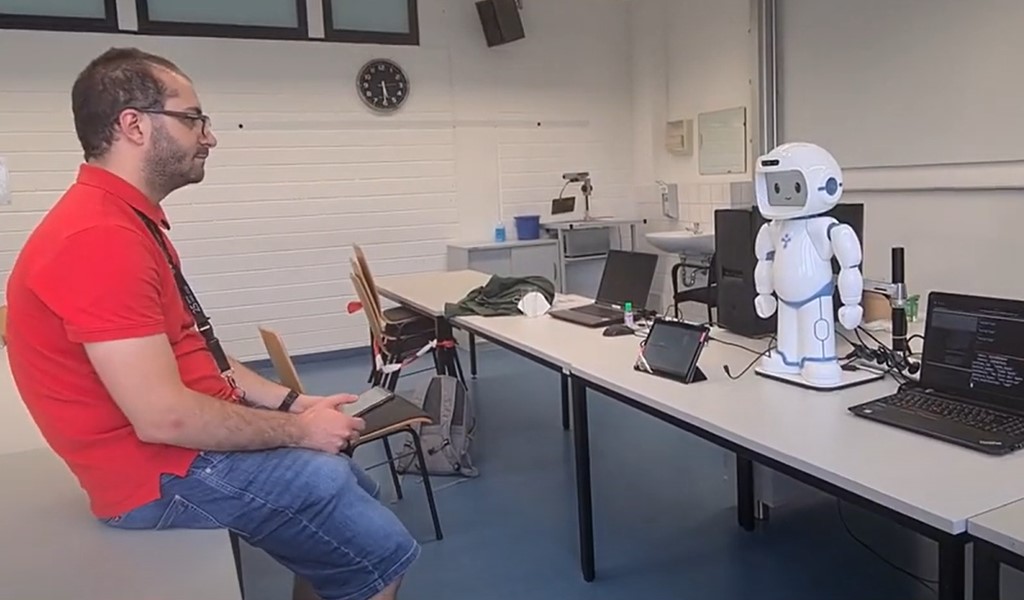
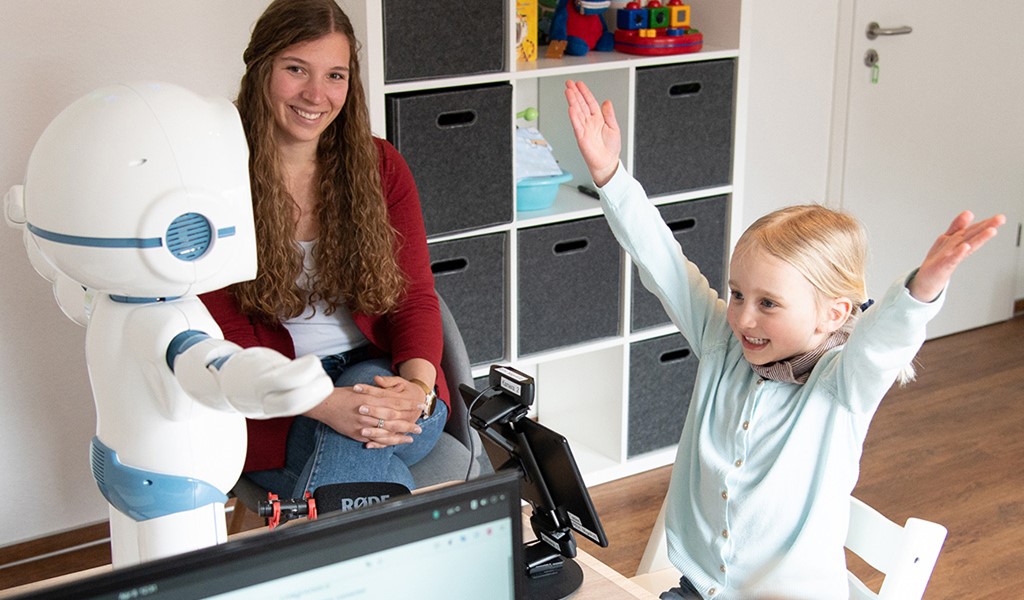
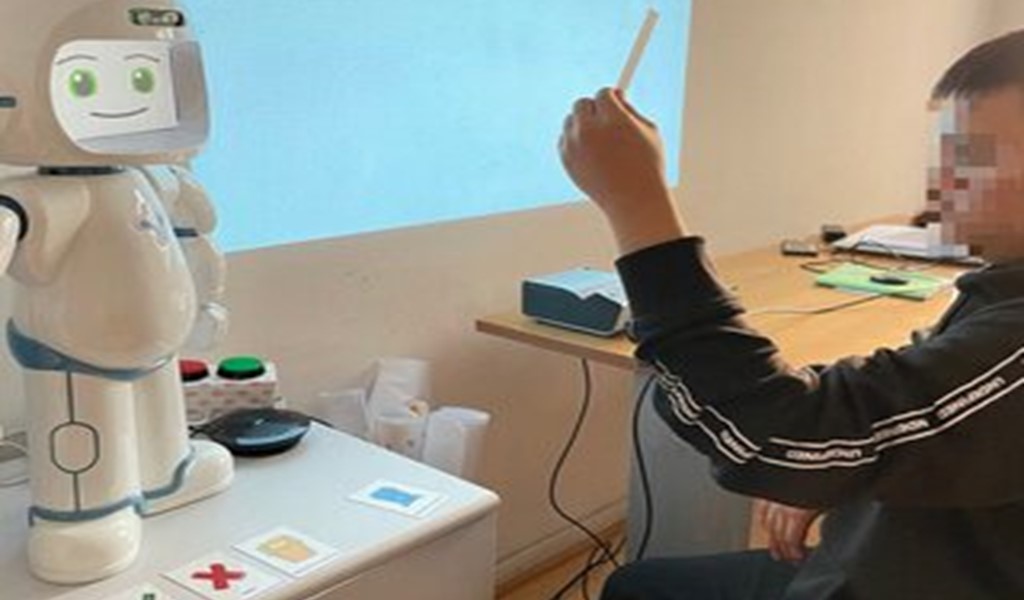
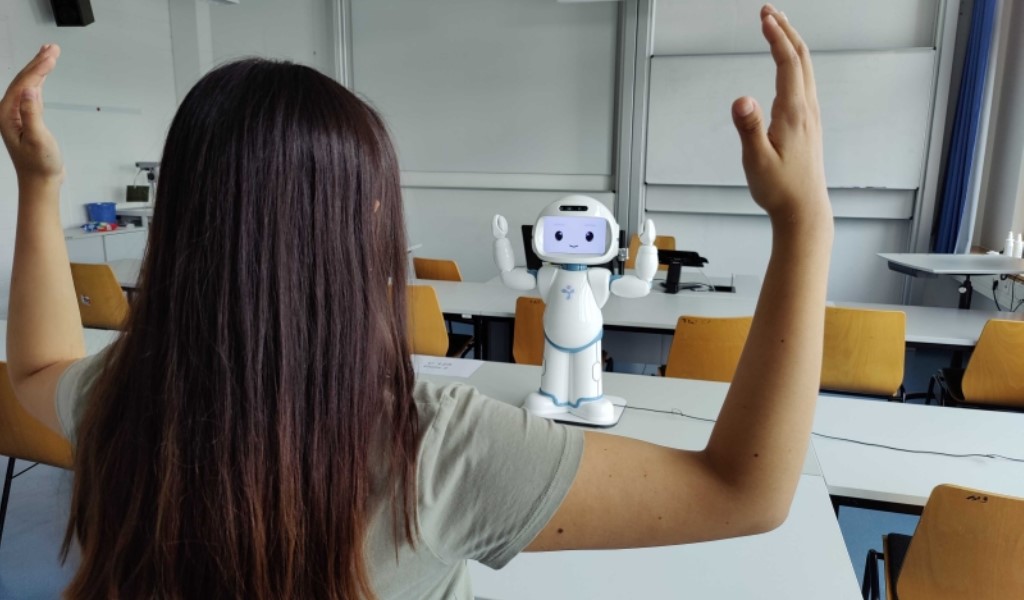
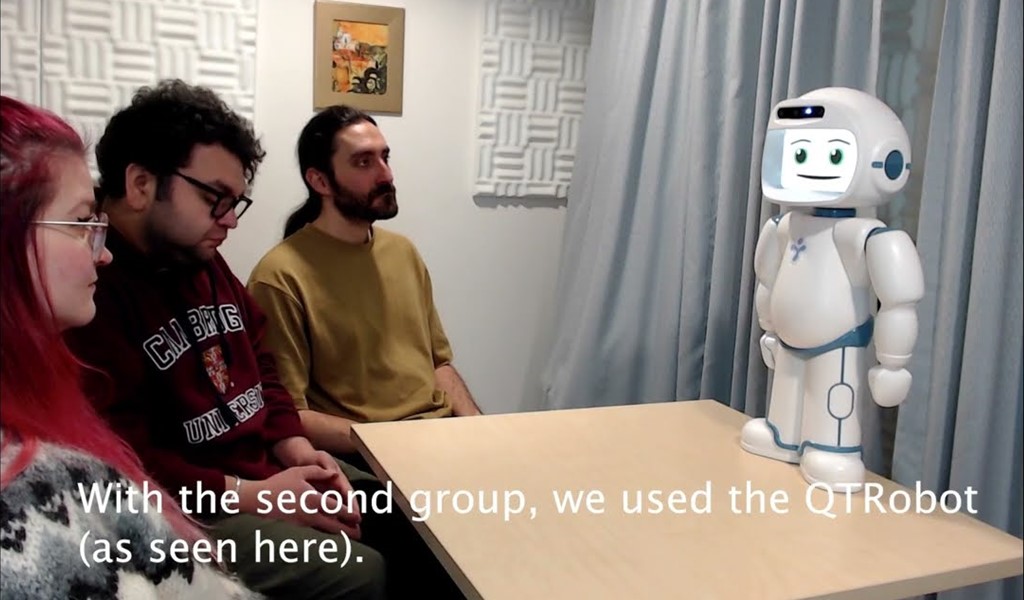
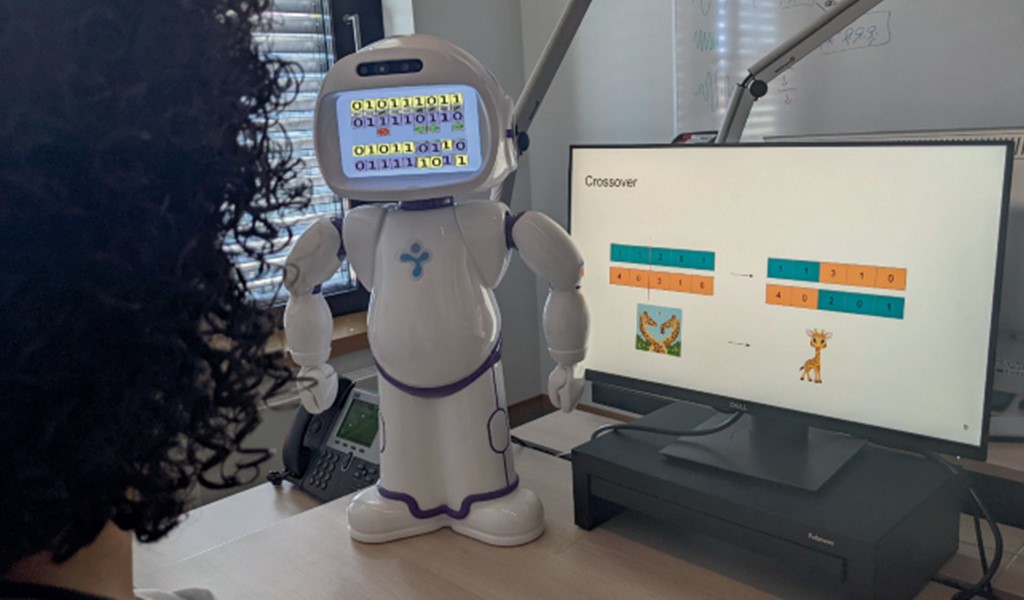
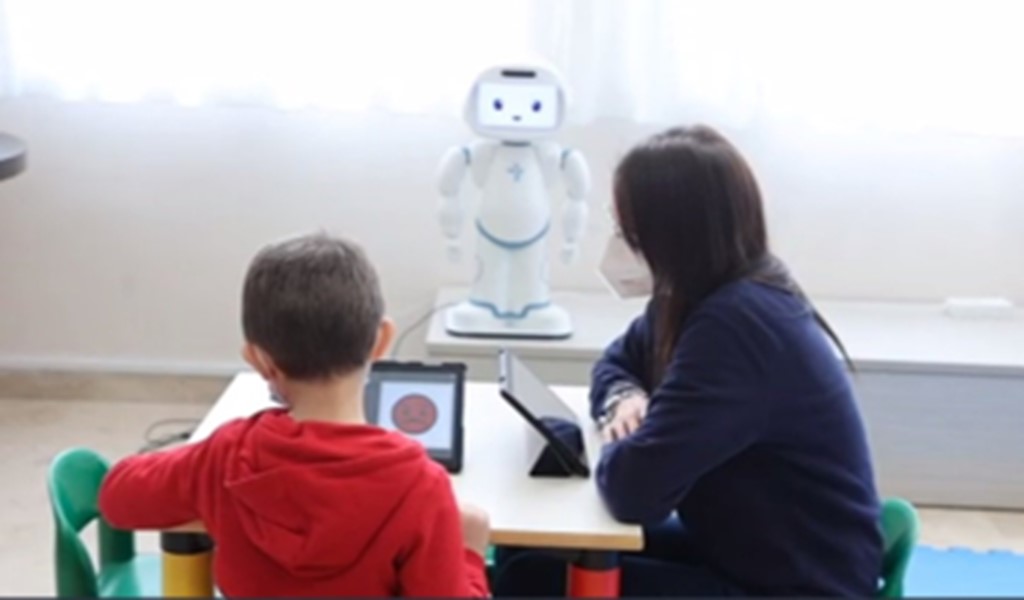
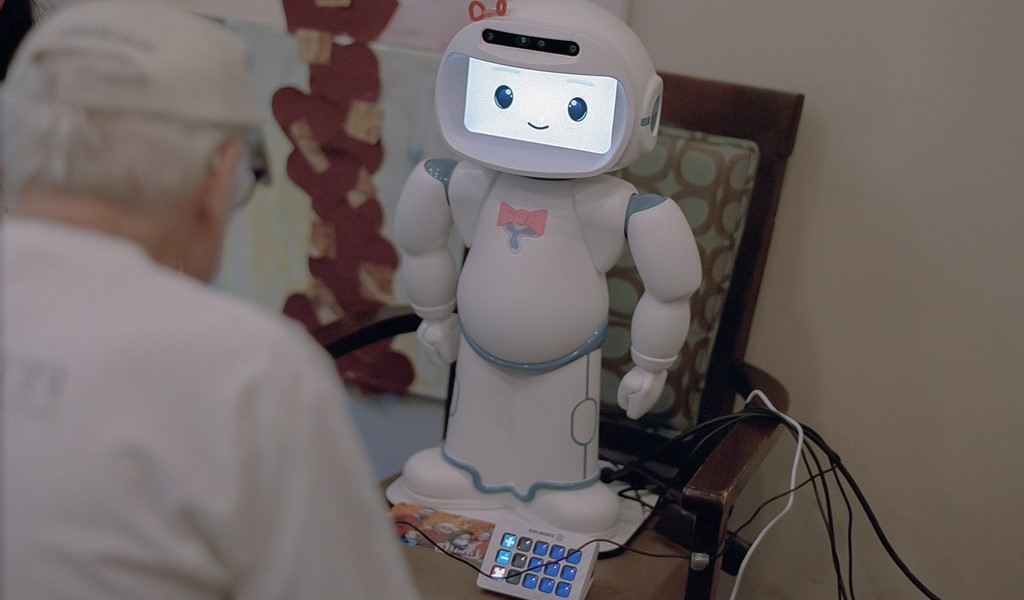
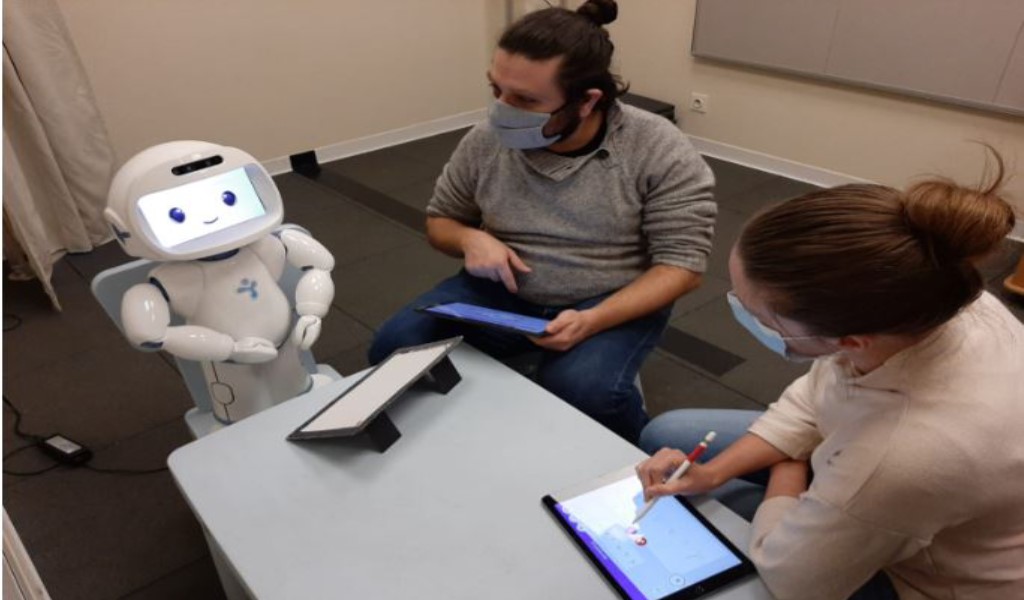
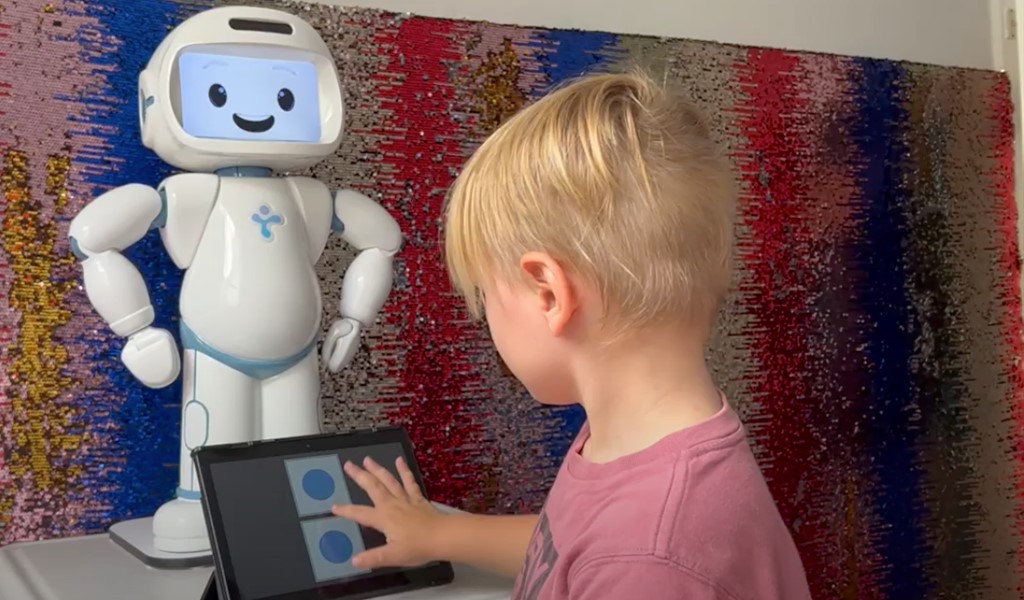
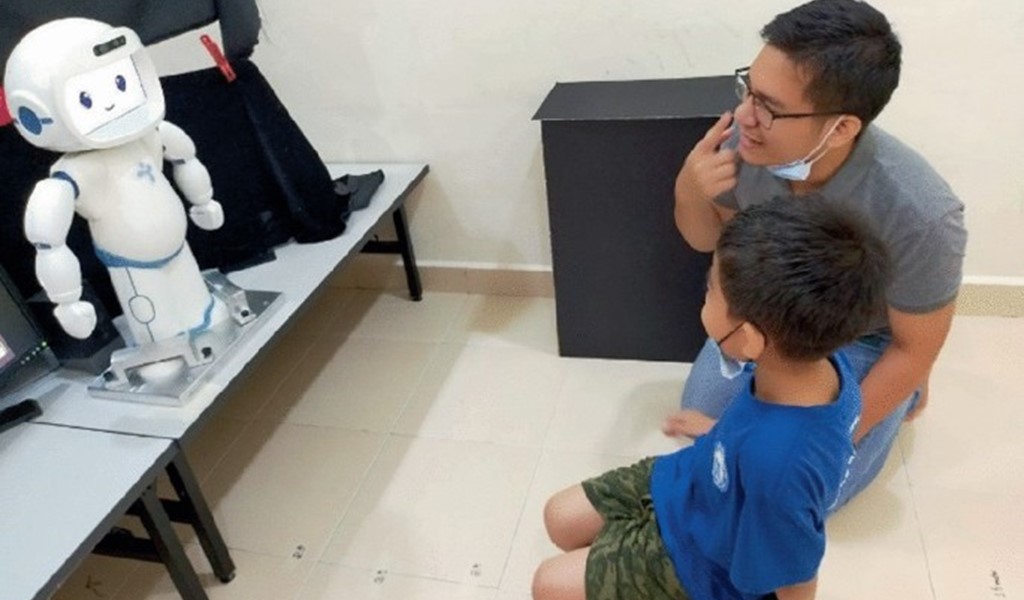
![easy to code social robot for teaching programming - QTrobot If [YourName] Can Code, So Can You! End-User Robot Programming For Non-Experts](https://luxai.com/wp-content/uploads/2024/05/easy-to-code-social-robot-for-teaching-programming-QTrobot.jpg)

